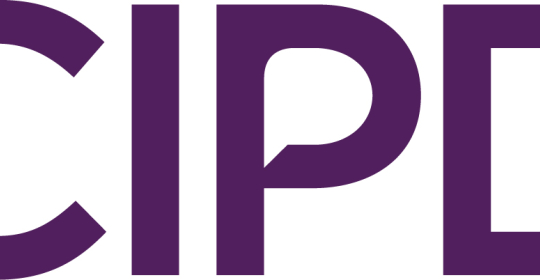- There is widespread support among British public for key workplace DEI initiatives, including flexible working (71%), gender pay gap reporting (65%), and inclusivity training (64%).
- However, men (43%) are significantly more likely than women (29%) to believe DEI initiatives in general have gone ‘too far’ in UK workplaces.
- Men (37%) are also significantly more likely than women (17%) to approve of President Trump’s actions to restrict DEI policies in the United States.
A new Ipsos in the UK poll reveals strong public support for a range of Diversity, Equity, and Inclusion (DEI) initiatives in UK workplaces, but a clear gender divide in general attitudes to promoting DEI. Men are much more likely than women to say DEI initiatives in general have gone ‘too far’ and are also more supportive of President Trump’s actions to restrict DEI initiatives in the United States.
The research, conducted online between March 28th and April 2nd, 2025, surveyed 1,200 British adults aged 16-75.
Key findings:
- Widespread support for specific DEI initiatives: Flexible working arrangements (71%), gender pay gap reporting (65%), and inclusivity training (64%) garnered the highest levels of public support. Other well-supported initiatives include removing personal details from job applications before screening (sometimes called ‘blind’ screening[RO1] ) (61%) and employee networks for people with different backgrounds or characteristics to support each other (55%). [RO2] Support for targeting job adverts (44%) and setting targets to diversify recruitment (43%) and promotions (43%) is a little lower, but overall, around twice as many people support as oppose workplaces in the UK doing each of these.
- High awareness of DEI: Around two-thirds (64%) of Britons report some level of knowledge of initiatives to promote DEI in the workplace, with younger adults (16-34) reporting the highest knowledge (74%). People from ethnic minority backgrounds (70%) also express higher levels of knowledge than people from white backgrounds (63%).
- Divided opinions on progress: When asked how they feel in general about initiatives to promote DEI in workplaces in the UK, rather than about specific policies, overall, 36% of Britons believe they have gone too far, while 19% say they have not gone far enough and 31% that they are about right[RO3] .
-
Differences of opinion by age, gender, and ethnicity: The view that DEI initiatives in UK workplaces have gone too far is more common among:
- Those aged 55-75 (47%) compared to 16-34-year-olds (23%).
- Men (43%) compared with women (29%).
- People from white backgrounds (38%) compared with people from minority ethnic backgrounds (23%).
- Disapproval of Trump's DEI restrictions: Around two in five (38%) Britons disapprove of former US President Trump's actions to restrict DEI programs in the United States – more than the quarter (27%) who approve. Around a third either have having no views either way (22%) or don’t know (13[RO4] [MH5] %). Men (37%) are significantly more likely than women (17%) to approve of Trump’s actions in this area.
- Uncertainty about impact of US policies on UK workplaces: Public opinion is split on whether Trump's actions will (40%) or will not (37%) impact UK workplaces. Just over half (53%) of younger Britons aged 16-34 expect there to be an impact, suggesting heightened sensitivity among this demographic to international developments in DEI.
Commenting on the findings, Rachel Ormston, Research Director at Ipsos, said:
"This Ipsos research highlights that, while broad public support exists for many individual DEI workplace initiatives, when people are asked about ‘DEI’ in more general terms opinion is more divided. Men, those over 55, and those from white ethnic backgrounds are notably more likely to believe efforts to promote DEI in the workplace have gone too far, while women, younger people and those from minority ethnic backgrounds are more likely to say they have not gone far enough. These findings underscore the need for employers both to be aware of varied perspectives on DEI and to communicate clearly the aims and impacts of specific DEI actions to foster greater buy-in."
[RO1]Edited as some disability groups aren’t keen on ‘’blind’ screening’ as a term.
[RO2]Amended this a bit as support is lower for these three (under 50%), but still more support than oppose).
[RO3]Think you need the detail of those who said about right/not far enough as this group actually outweighs the too far group. Also, need to include a bit more of the actual question wordings I think so it’s clearer what the context is.
[RO4]NB it’s probably too late to change this, but I find not having the don’t knows in the chart a bit confusing when they’re above 5%, as begs question of why it doesn’t sum to 100%.
[MH5]The charts have already gone to the journalist, but can ask the team to add in the don’t knows for the website versions if preferred?






